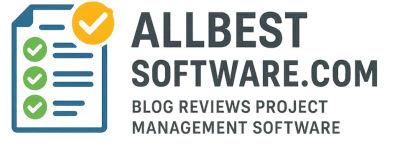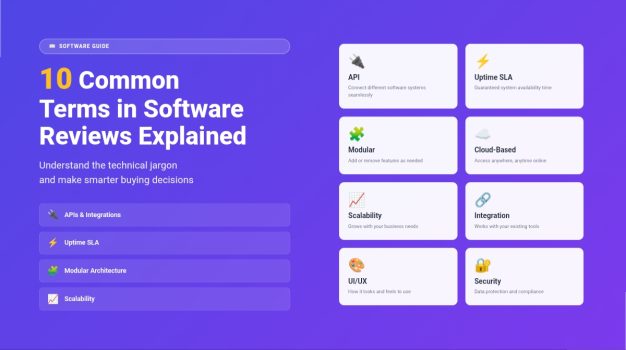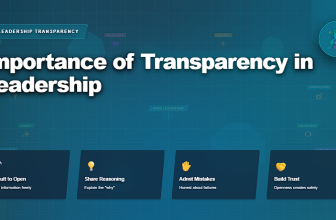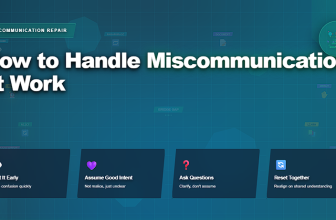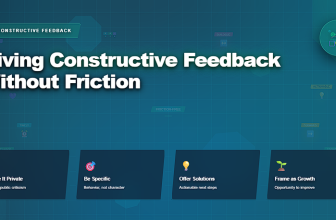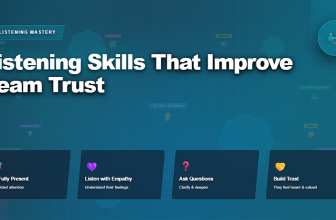Overview
When reading software reviews, you’ll often encounter technical terms that sound familiar but might not be completely clear — words like API, SLA, Modular, or Scalability. Understanding these terms is crucial if you’re evaluating software for your business or comparing tools across categories like project management, CRM, or IT service platforms.
Top 5 Project Management Software
This article breaks down 10 of the most common terms used in software reviews, helping you make smarter, more confident buying decisions.
Top 5 Project Management Software
1. API (Application Programming Interface)
An API is a bridge that allows two software systems to communicate.
For example, if you want your CRM system to automatically update when someone fills out a web form, an API connection makes it possible.
In reviews, when you see “strong API support,” it means the software can easily integrate with other tools — a key advantage for automation and workflow efficiency.
2. Uptime SLA (Service Level Agreement)
Uptime SLA refers to the guaranteed amount of time a software service will be available.
For instance, a 99.9% uptime SLA means the system is guaranteed to be operational almost all the time — with minimal downtime per year.
High uptime is especially critical for business-critical software like ERP or cloud-based project management platforms.
3. Modular Architecture
When software is described as modular, it means it’s built in separate components or “modules.”
Users can add, remove, or customize modules depending on their needs — such as adding a reporting module or time-tracking module.
Modular design improves flexibility, allowing companies to scale without switching systems entirely.
4. On-Premise vs. Cloud-Based
These terms describe where your software lives.
- On-Premise: Installed and managed on your company’s own servers.
- Cloud-Based: Hosted online and accessed through a browser.
Cloud solutions dominate today because they reduce maintenance costs and support remote collaboration.
5. Scalability
Scalability means the software can handle increasing workloads as your business grows.
For instance, a scalable CRM can support 10 users today and 1,000 tomorrow without slowing down or breaking.
When reviewers mention scalability, they’re highlighting the system’s ability to adapt to growth without costly upgrades.
6. Integration
Integration refers to how well software connects and exchanges data with other platforms you use — like email, analytics, or finance tools.
For example, seamless integration between a project management app and Slack lets teams collaborate efficiently.
Reviews that emphasize “native integrations” mean the connections are built directly into the software, often more stable than third-party connectors.
7. UI/UX (User Interface / User Experience)
These two terms describe how easy and enjoyable the software is to use.
- UI is about how the software looks — its layout, colors, and icons.
- UX focuses on how it feels — navigation simplicity and workflow efficiency.
Reviews that praise UI/UX indicate that users find the software intuitive and productive.
8. Customization
When software offers customization, users can adapt it to their specific workflows — from changing dashboard layouts to creating custom fields and automation rules.
This is a major plus for teams with unique processes who want tools that fit their style rather than forcing them to adapt.
9. Data Security and Compliance
Software reviews often highlight security and compliance to indicate how well a product protects user data and meets legal standards.
Common frameworks include GDPR, SOC 2, and ISO 27001.
If a tool manages sensitive information, look for multi-factor authentication, data encryption, and clear privacy policies.
10. TCO (Total Cost of Ownership)
TCO includes all costs associated with using the software — not just the subscription fee.
It accounts for implementation, training, integrations, maintenance, and potential downtime.
Reviewers who discuss TCO are helping you see the bigger financial picture, beyond the headline price.
➡️ Final Thoughts
Understanding these terms gives you a major advantage when comparing or reviewing software. You’ll be able to distinguish between marketing buzzwords and real value indicators — from reliability and integration depth to customization and scalability.
Whether you’re evaluating project management software, CRM tools, or automation platforms, these 10 terms form the foundation of smart software decision-making.
